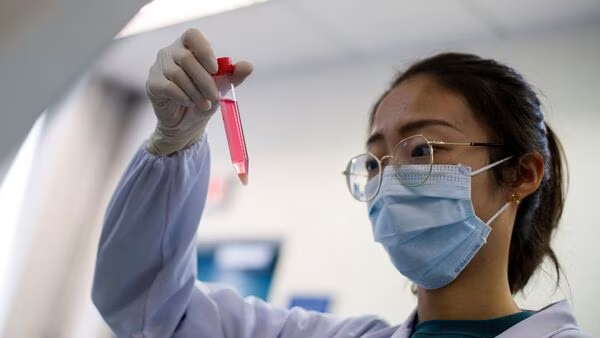Long dismissed as a redundant organ in adulthood, the thymus gland, nestled behind the sternum, is shedding its reputation as 'useless.' A recent study reveals its unexpected significance, particularly in cancer prevention, challenging longstanding medical beliefs.
Reevaluation of the Thymus:
Researchers in the United States have discovered a concerning correlation: adults who had their thymus gland removed faced a notably higher risk of death from various causes, including a heightened likelihood of developing cancer. This finding from a retrospective study is reshaping our understanding of the thymus gland, traditionally considered nonessential after childhood.
Thymus in Childhood and Adulthood:
Known for its vital role in immune development during childhood, the thymus is crucial for T-cell production, which are key in fighting infections and diseases. While it diminishes in function post-puberty, the recent study suggests its removal, often done during cardiothoracic surgeries, might have long-term detrimental effects.
Study Findings:
The Boston-based research compared over 6,000 patients who underwent cardiothoracic surgery but retained their thymus with 1,146 who had it removed. Remarkably, thymectomy patients showed a doubled risk of death and cancer development within five years, post-surgery. These cancers were often more aggressive and recurrent.
Potential Mechanisms:
The absence of a thymus might disrupt adult immune function. Patients without a thymus showed reduced diversity in T-cell receptors, potentially increasing the risk of cancer and autoimmune diseases.
This groundbreaking study, published in The New England Journal of Medicine, underscores the thymus gland's vital role in adult health. Far from being a redundant organ, it appears integral to our immune defense, even in later life. As researchers continue to reveal its mysteries, this 'useless' organ could be key to unlocking new cancer prevention strategies. The medical community is now rethinking the way we view the thymus, recognizing its potential as a guardian in our ongoing health journey.








0 Comments